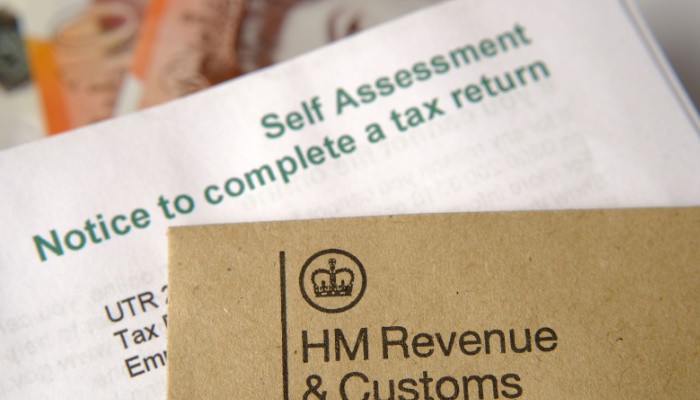If you earn money through self-employment or running your own business, it’s very likely that you’re obligated to file annual tax returns with HMRC.
Self-Assessment involves submitting your income and expenditure details for the previous tax year so that HMRC can calculate how much Income Tax you owe, then paying your tax bill by the annual deadline of 31st January.
This means the deadline for filing returns for the 2022–2023 tax year is looming – they must be submitted and outstanding tax paid by midnight on 31st January 2024.
If you have not submitted a Self-Assessment tax return
before but need to do so this year, you’ll have to register for a digital tax account with HMRC. This involves waiting to receive an activation code and Unique Taxpayer Reference in the mail before you can use the account, which can take 2 weeks (or 3 weeks if you’re based overseas).
Therefore, if you’re due to complete a Self-Assessment return for the first time in 2022–2023, it’s crucial that you don’t leave it until the last minute to register with HMRC.
Who needs to register for Self-Assessment?
There are several reasons why taxpayers may become liable for Self-Assessment for the first time, which some earners may not even be aware of.
First-time registration will be necessary if you have:
- Engaged in part-time self-employment (e.g. gig economy work, online trading or reselling, or being a paid ‘influencer’ on social media)
- Started renting out your property (e.g. through sites like Airbnb)
- Disposed of cryptoassets (whose profits are subject to Capital Gains Tax)
- Earned income exceeding £50,000 that triggers the High Income Child Benefit Charge
In the case of earning secondary income through online trading or advertising or by renting out property, there is a tax-free allowance of £1,000. Any earnings above this are subject to Income Tax and must be reported via Self-Assessment.
There has been a significant rise in people trying to earn more money through online content creation and sponsorships in particular, with HMRC having to issue tax warnings for online sellers and creators
earlier this year.
Any income that you have not already paid tax on must be reported to HMRC. Even if you don’t think you need to notify HMRC of your self-employed earnings, it’s best to contact them and check, as failure to do so could result in tax penalties.
Register and submit your tax return ASAP
If you leave registration to the last minute, there will be very little time to complete your tax return, submit it, and pay your tax bill before the deadline. Rushing also increases the risk of making errors, which could result in fines from HMRC.
Filing your Self-Assessment tax return as early as possible will give you more time to handle any unforeseen issues that might arise, and allow you to plan how to pay the tax on time. If you can’t pay your tax bill all at once, you’re more likely to be able to set up a repayment agreement with HMRC if you don’t miss the deadline.
You can check if you need to send a Self-Assessment tax return on the government website, and follow the official advice to access HMRC support.
If your bookkeeping has seen better days and you need a professional to pull your accounts together, our Barnsley accountants can help self-employed earners to manage their tax liabilities and minimise tax expenses.
Contact gbac by calling 01226 298 298 for help with Self-Assessment, or send an email to info@gbac.co.uk
with your concerns and we’ll be in touch.
